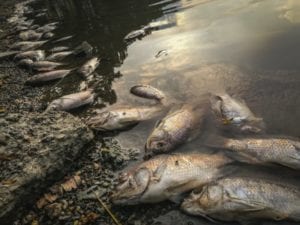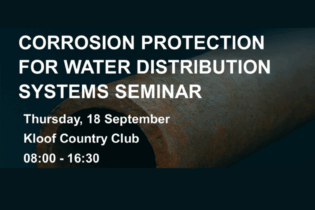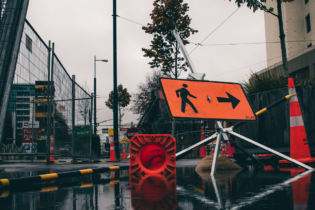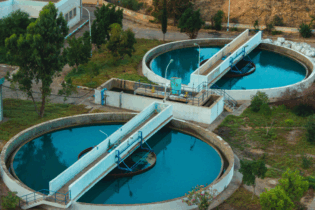The accidental release of some 240 tons of toxic effluent into the Msunduzi River in Pietermaritzburg last week should alert governing bodies to the importance of identifying and addressing environmental and social risk in all their activities.
This is according to says Karin Ireton, chair of the Sustainable Development Forum at the Institute of Directors in Southern Africa (IoDSA). A suspected burst valve caused storage tanks at Willowton Oil Mills to collapse, and discharge their contents into the Baynespruit tributary of the Msunduzi. “It is essential that companies plan for worst-case scenarios and implement controls that will prevent contamination of our water courses. Water is essential to all life, and as South Africa is an arid country we must protect it and use it wisely at all times,” says Ireton. The Msunduzi, site of the famous Duzi canoe race, is part of the uMngeni river system. The contamination has already caused the death of thousands of fish as well as livestock, and communities downstream have been advised not to use water from the river for any purpose until it is declared safe.The Department of Water and Sanitation has warned residents living upstream of the Duzi and Mngeni rivers, the Inanda dam and surroundings not to use water from the resource until further notice after the collapse of two tanks at Willowton Oil sent product flowing into the Baynespruit river through the stormwater drains.
Ireton stresses that companies need to start fully integrating the costs of the effect of their operations on natural capital, such as water, wetlands and biodiversity, as well as the social impact on communities. “Pollution such as has been seen in the Pietermaritzburg area is not only a breach of regulation but has a long-term and highly significant impact on aquatic life and surrounding communities. It is time for companies to integrate fully the costs of their operations on natural capital, such as water, wetlands, biodiversity as well as the social impact on the impacted communities. “Sadly, this incident is not unique. Other river systems in the country are in crisis and ongoing pollution of the Hennops River, the Vaal River and several others poses major long-term risks for the citizens of this country, exacerbated by failing municipal waste-water treatment facilities and poor waste-management practices by citizens and municipalities.” The important concept that business exists within, and depends on, a supporting environment is described as the “triple context” of the economy, society and environment in the King Reports on Corporate Governance. King IV indicates that these should not be seen—and reported on—as a whole. Organisations, even those not obligated to certain committee responsibilities of King IV, should put in place a formal mechanism for overseeing and reporting on organisational ethics, responsible corporate citizenship, sustainable development and stakeholder relationships.






